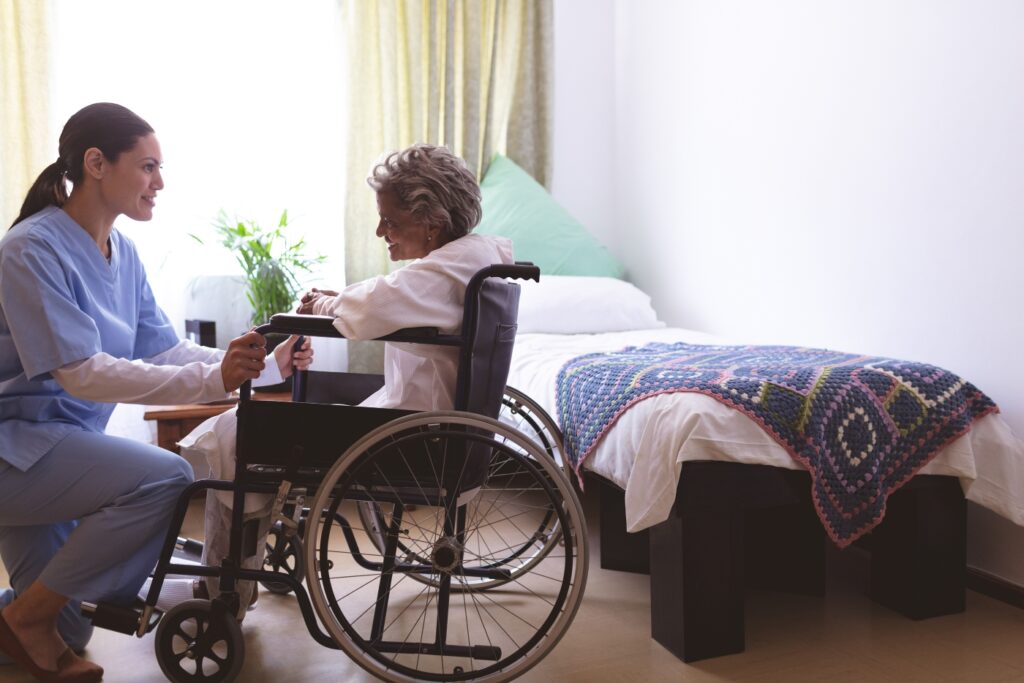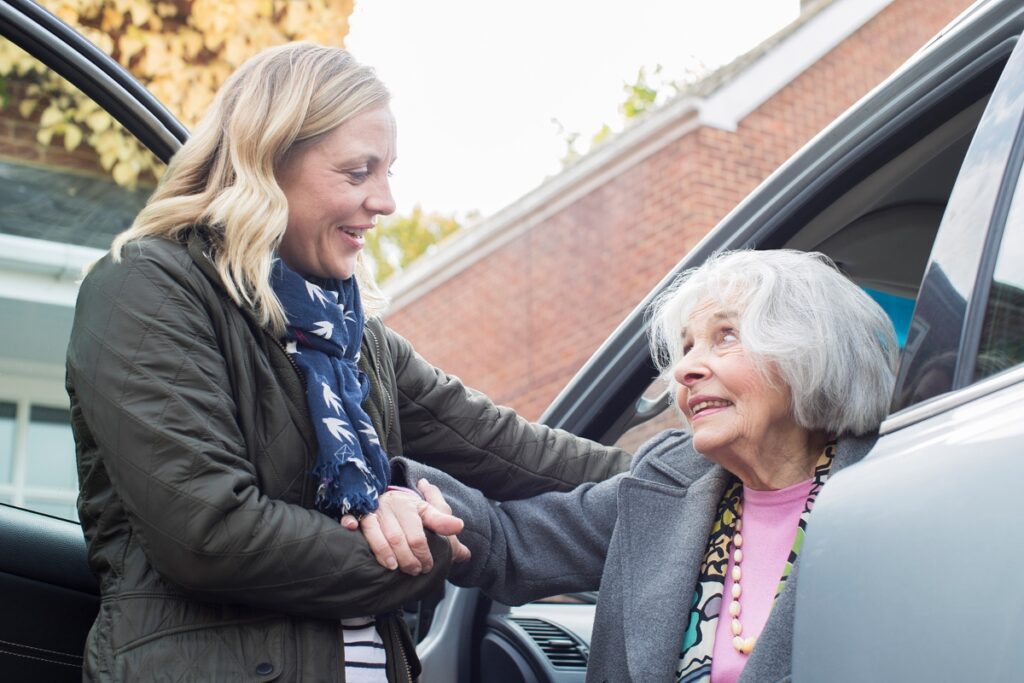Stroke Awareness Tips
The symptoms of a stroke are distinct because they happen quickly:
# Sudden numbness or weakness of the face, arm, or leg (especially on one side of the body)
# Sudden confusion, trouble speaking or understanding speech
# Sudden trouble seeing in one or both eyes
# Sudden severe headache with no known cause
What should a bystander do?
If you believe someone is having a stroke, call 911 immediately.
Sometimes warning signs last for only a few minutes and then disappear. This could be a mini stroke, called a transient ischemic attack (TIA). Don’t ignore a TIA – see your physician right away.
Prevention Tips
A stroke is a single, damaging attack, but the conditions or risk factors that lead to a stroke, such as high blood pressure, smoking, heart disease, and diabetes develop over many years. You can reduce your stroke risk by taking the following steps:
Control your blood pressure. Have your blood pressure checked often, and if it is high, follow your physician’s advice on how to lower it.
Stop smoking. Cigarette smoking is linked to increased risk for stroke. Research shows that the risk of stroke for people who have quit smoking for two to five years is lower than people who still smoke.
Exercise regularly. Exercise may make the heart stronger and improve circulation. It also helps control weight. Physical activities such as brisk walking, cycling, swimming, and yard work lower the risk of both stroke and heart disease.
Eat a healthy diet. Choose, prepare, and eat foods low in fat, saturated fatty acids, and cholesterol. Eat a variety of fruits and vegetables.
Control your diabetes. If untreated, diabetes can damage the blood vessels throughout the body and lead to clogged arteries, which in turn can lead to stroke.
Information adapted from Munson Education
You may also like:
5 Essential Benefits of Home Care for Seniors
Home Care in Parker CO: Home care supports safety, connection, and independence for seniors while offering dependable relief for families.
Understanding Alzheimer’s Disease: What It Means for Your Senior Loved One
Alzheimer's Care in Parker CO: In-home Alzheimer’s care brings stability, dignity, and support to seniors and families facing memory loss.
Creating Comfort and Security with 24-Hour Home Care
24-Hour Home Care in Monument CO: 24-hour home care helps seniors live safely and comfortably at home while giving families…
Sun Safety and Summer Balance: How Senior Home Care Protects Older Adults During UV Safety Month
Senior Home Care in Brighton CO: Senior home care helps older adults enjoy summer safely by reducing risks from heat…
Honoring the Longest Day: Thank You, Juniper Communities & Belleview Heights
We want to extend our deepest gratitude to Juniper Communities and Belleview Heights for hosting us at this year’s Longest…
Knowing When It’s Time: Helping Seniors Transition from Driving with Safe Transportation Services
Transportation Services in Brighton CO: Transportation services help seniors stay connected and safe when driving is no longer an option.
Memory, Dignity, and Compassion: The Role of Home Care During Alzheimer's Awareness Month
Alzheimer's Home Care in Cherry Creek CO: Alzheimer’s home care provides daily comfort, routine, and dignity in their own home.










